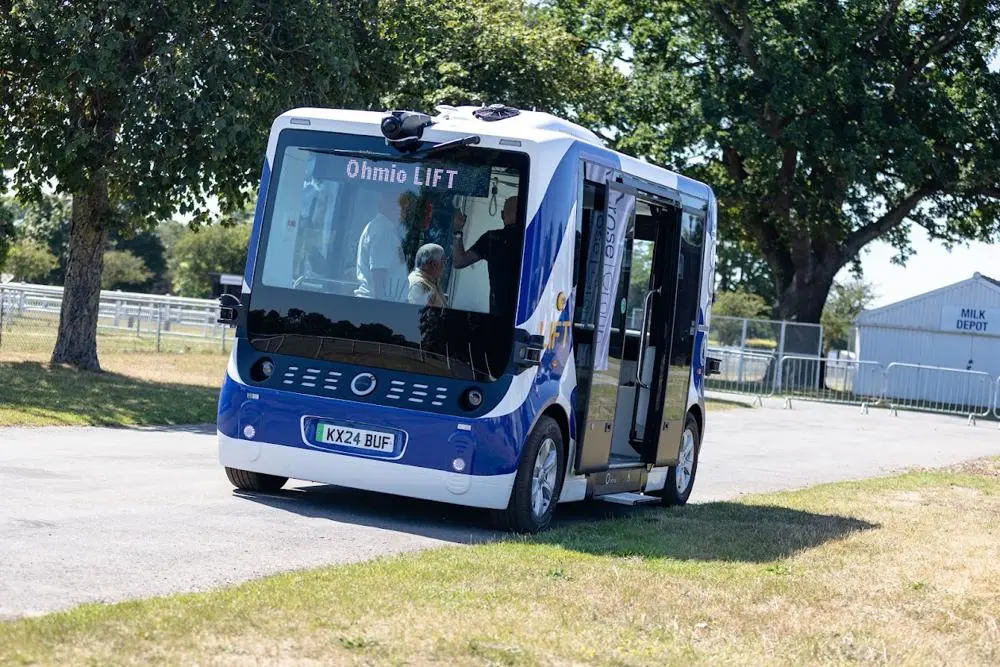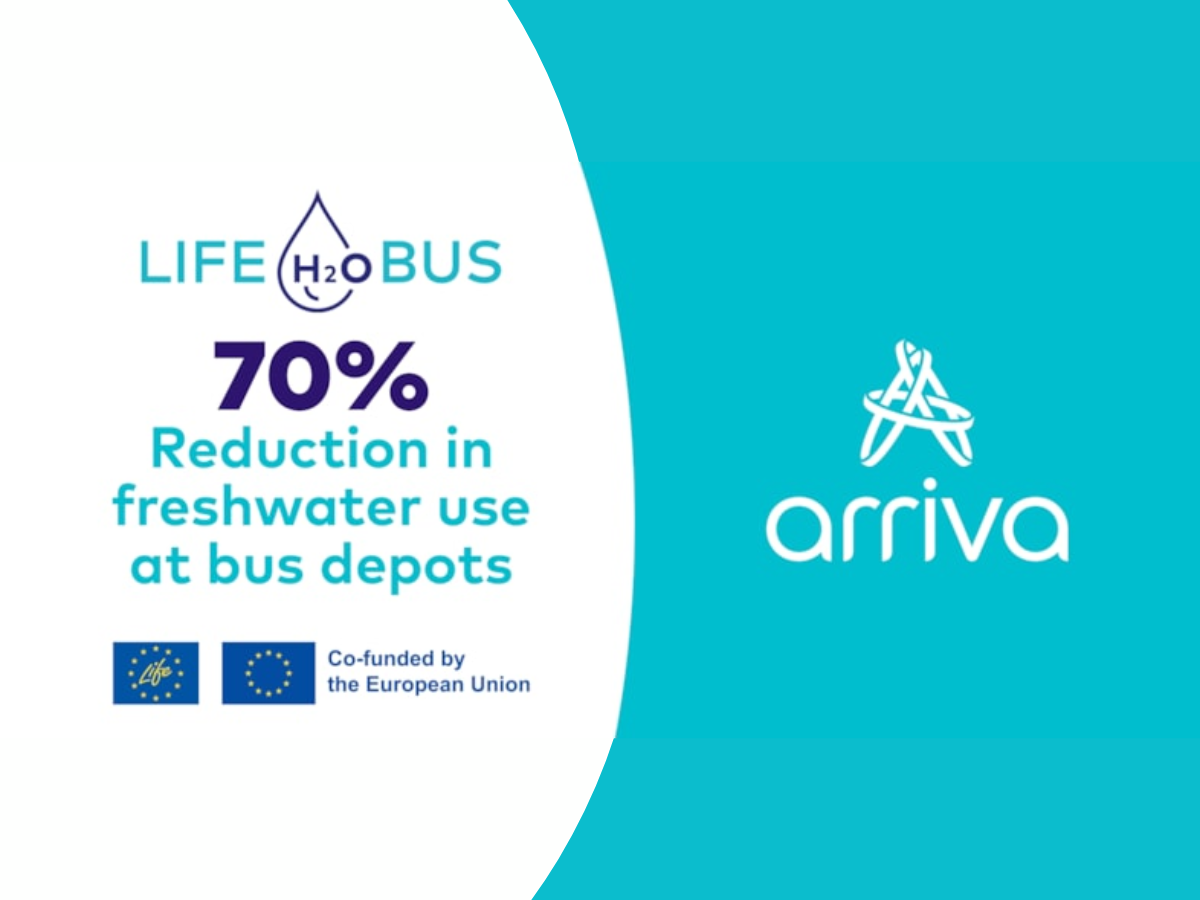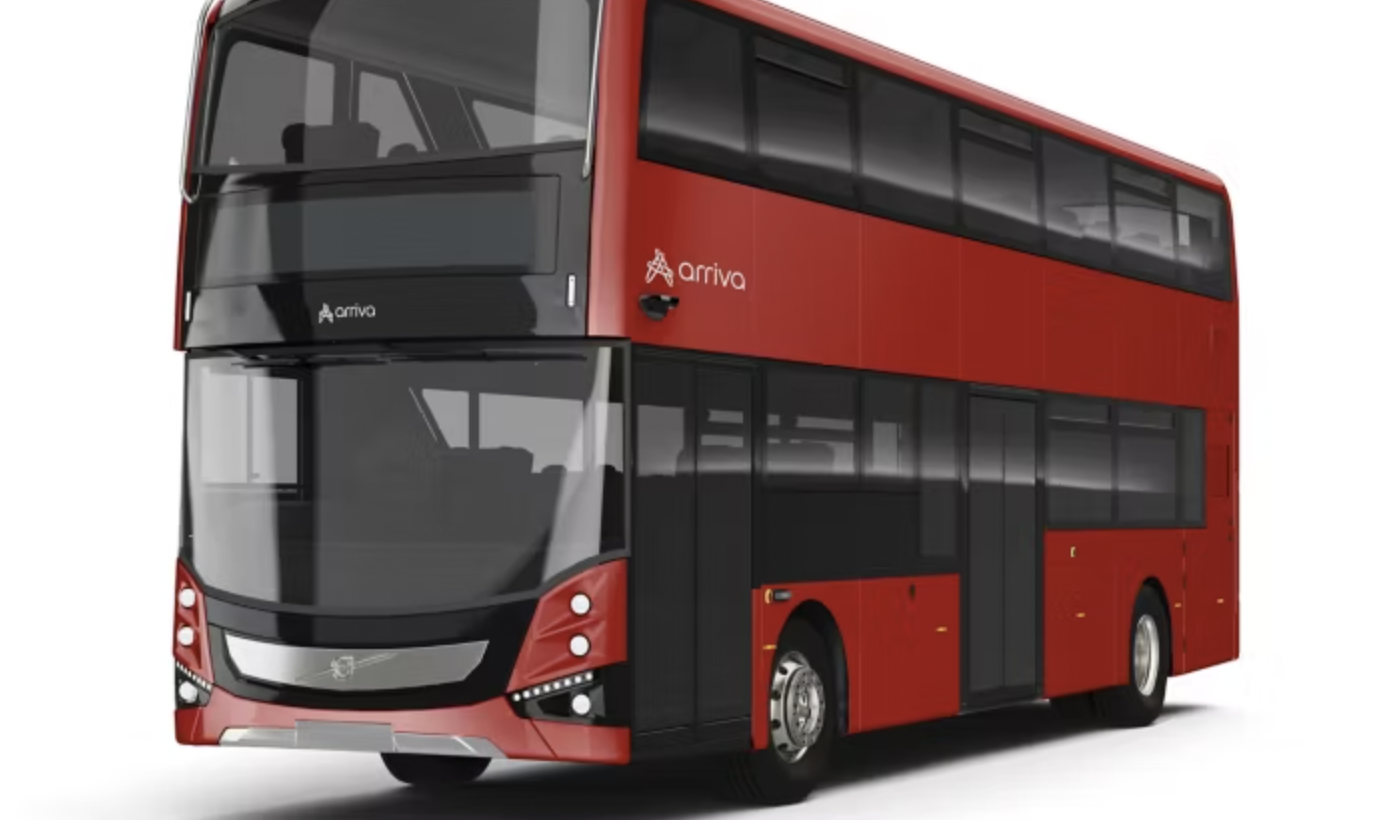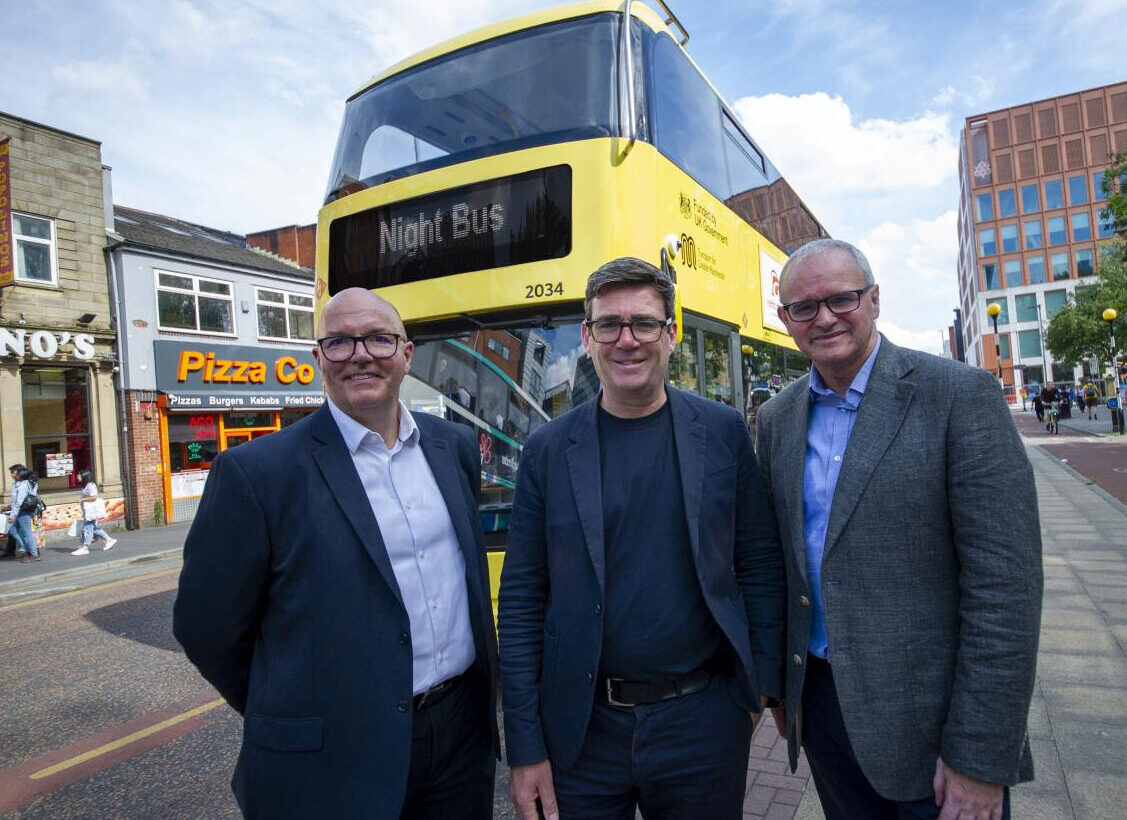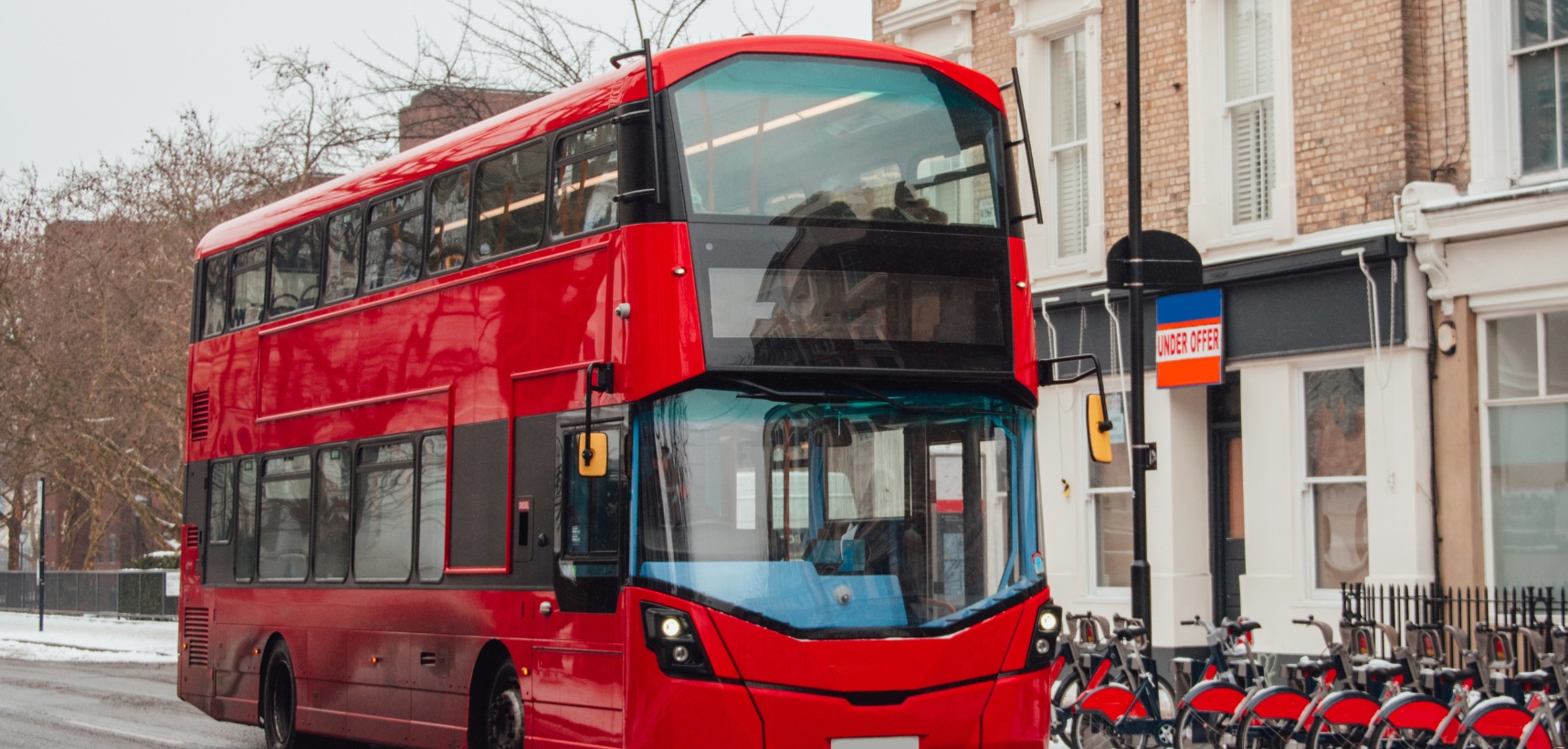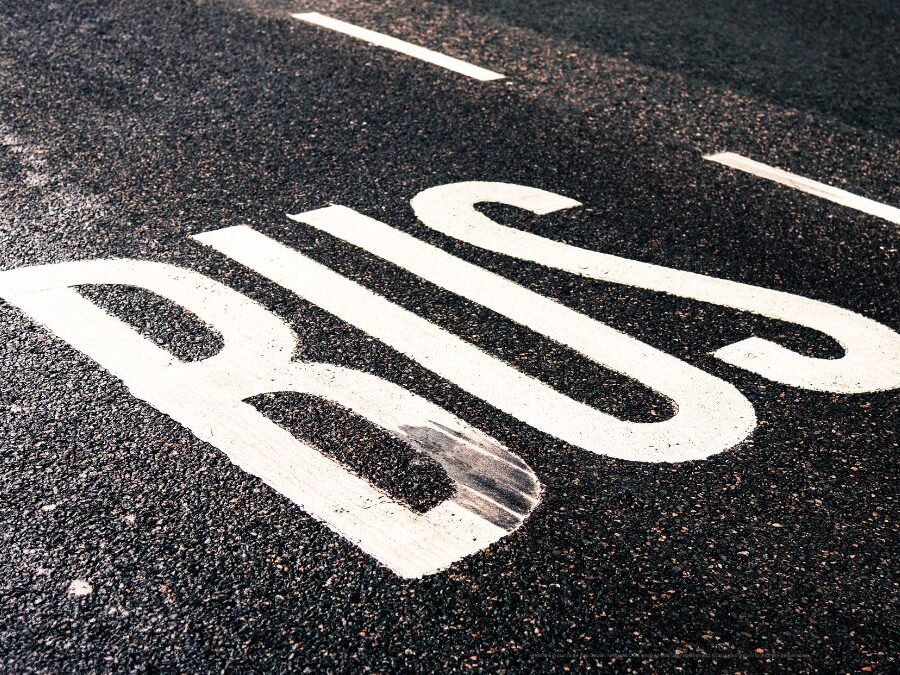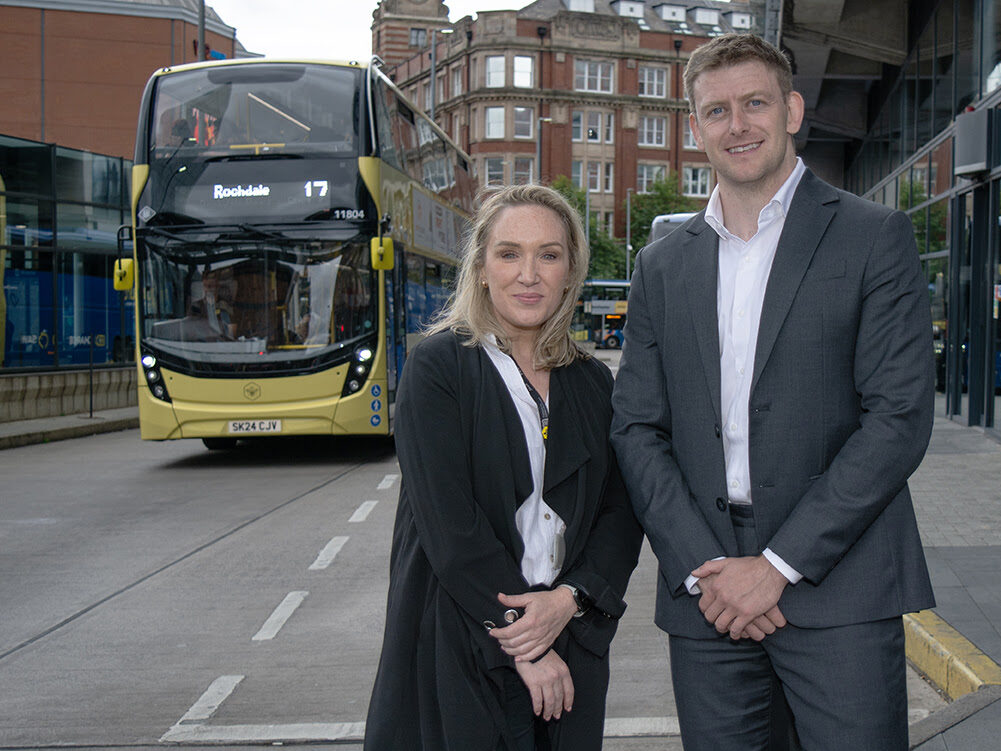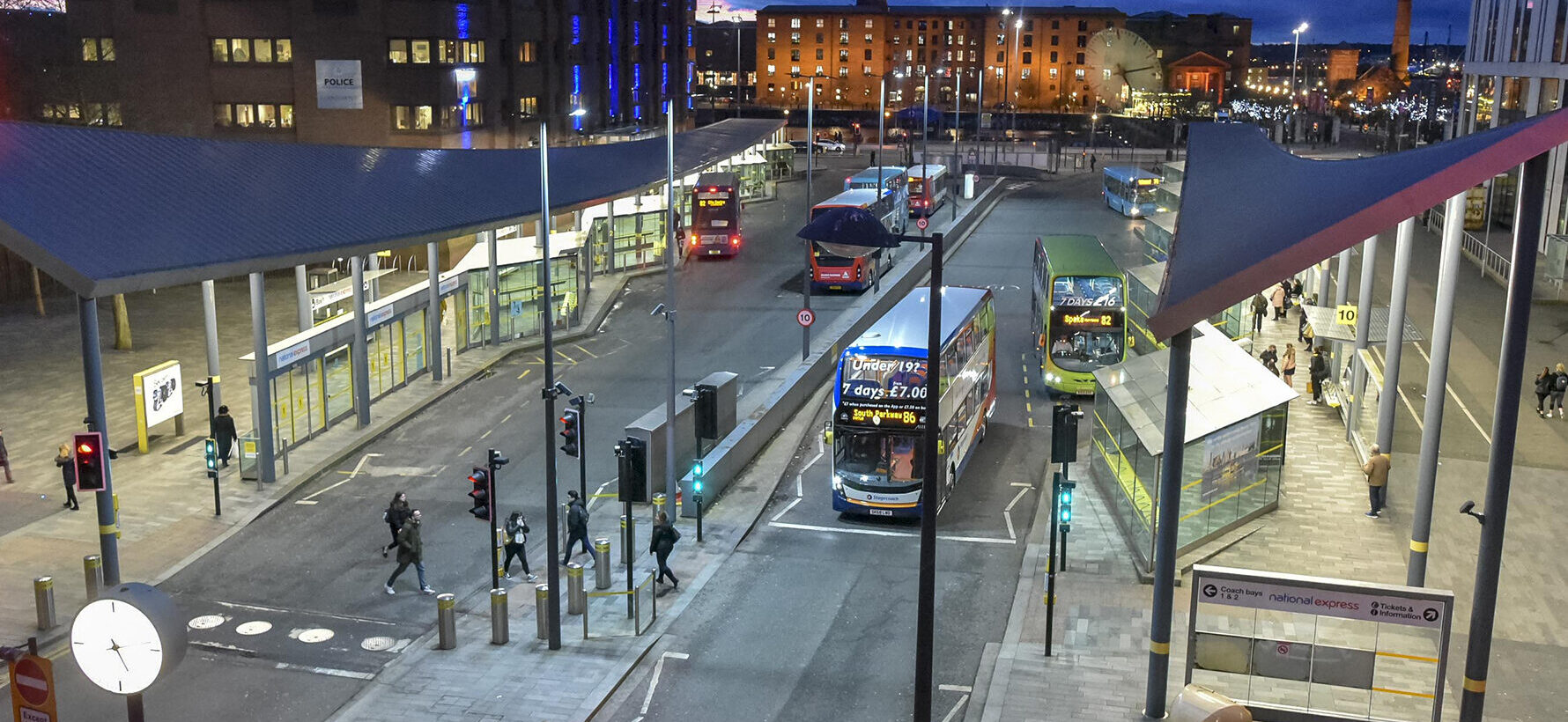Wrightbus’ new enterprise, NewPower, has secured its first order to repower 32 First Bus vehicles.
With this enterprise, Wrightbus is the first OEM to offer a repowering service to convert diesel buses into electric vehicles. This initiative can help accelerate decarbonisation by removing diesel powertrains at a significantly lower price than purchasing a new bus.
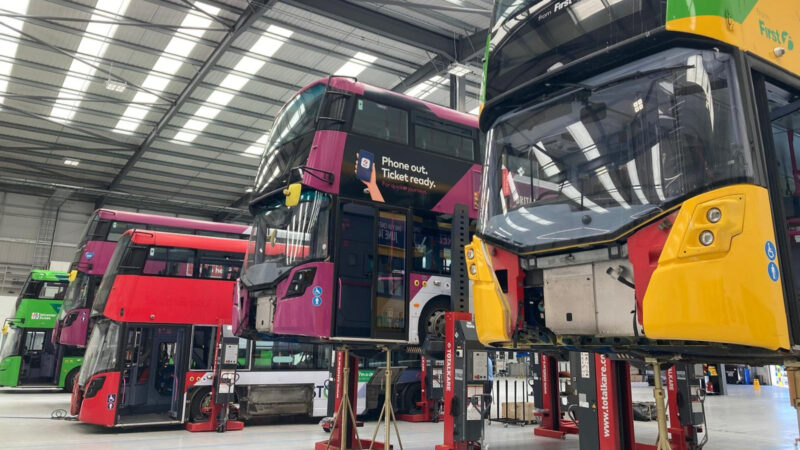
At the outset of this project, First Bus collaborated with Wrightbus by providing two initial vehicles to trial and perfect the technology.
Following the successful conversion of the first two diesel vehicles, First Bus has now ordered a further thirty buses to have their diesel engines replaced with new zero-emission electric powertrains. This conversion will take place at NewPower’s hi-tech Bicester factory in Oxfordshire.
Wrightbus CEO, Jean-Marc Gales, said:At Wrightbus, we already have a positive relationship with First Bus, having supplied them with numerous zero-emission buses over recent years. That’s why it’s particularly satisfying to receive NewPower’s first order from them.
By using the expertise of our 1,800-strong Wrightbus workforce – including our master technicians – NewPower has unrivalled expertise in being able to swap powertrains.
Once back in service, the repowered buses will have an immediate impact on reducing pollution and improving air quality in the towns and cities in which they operate.
The repowered buses will be rolled out over the next few months in areas with existing EV infrastructure in Portsmouth, Norwich, Bramley (Leeds), Leicester and Aberdeen.
This investment advances First Bus’ goal of deploying a fully zero-emission fleet by 2035. Indeed, the 32 buses will collectively eliminate tailpipe emissions equivalent to 2,100 tonnes of CO₂ annually.
First Bus' Decarbonisation Programme Director, Faizan Ahmad, said:We are thrilled to place this order for an additional 32 repowered buses and to continue our collaboration with Wrightbus on this exciting project.
We’ve partnered with the NewPower team from the outset of this initiative and are proud to be a driving force in the zero-emission space once again with another innovative solution.
We are committed to achieving a fully electric bus fleet by 2035, and repower technology has the potential to be a real game-changer in helping us reach that goal as well as benefiting the wider bus industry as we work to decarbonise the sector.
NewPower’s repowering process converts diesel buses into electric for less than half of the price of a new electric bus. It also extends the lifespan of the vehicle by six to nine years. This consequently leads to savings in embodied carbon compared to manufacturing a new vehicle.
The repower can be completed in just three weeks. It involves removing the engine, gearbox, fuel tank, radiator and other components, before installing the new EV batteries and electric drive system. The diesel parts are then recycled.











